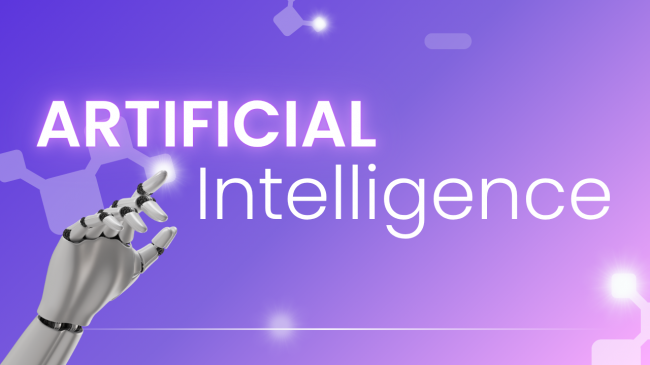Pat Gelsinger, former CEO of Intel and current executive chair at Gloo, today launched an ambitious benchmark suite designed to evaluate how well AI language models align with core dimensions of human flourishing. Dubbed Flourishing AI (FAI), the framework draws on established research to bring ethical reasoning and value sensitivity into model evaluation.
The Origins: Harvard-Baylor’s Global Flourishing Study
FAI’s metric foundation is the Global Flourishing Study, a large-scale survey spanning 22 countries and over 200,000 people, funded to the tune of $40 million.
FAI builds on this research by structuring evaluations around seven dimensions:
- Character and Virtue
- Close Social Bonds
- Happiness and Life Satisfaction
- Meaning and Purpose
- Mental/Physical Health
- Financial/Material Stability
- Faith and Spirituality
The seventh pillar—Faith and Spirituality—is a deliberate inclusion, reflecting both Gelsinger’s personal emphasis on faith–tech intersections and Gloo’s ecosystem focus
How FAI Works: Precision Meets Values
FAI challenges AI models with over 1,200 rigorously curated prompts, covering objective and subjective topics ranging from ethical dilemmas to life guidance. Specialized LLM “judge” agents score responses based on rubric-defined criteria, ensuring each dimension—plus cross-dimensional interplay—is evaluated comprehensively.
Gelsinger summarizes the mission: “To guide [AI] development, we must measure it against…the ultimate standard—human flourishing.”
Early Results: Strengths and Gaps Among Leading LLMs
Initial testing shows no model achieves ideal performance across all dimensions.
Key takeaways:
- Health (72) and Finance (81) scored highest on average.
- Faith (35) and Meaning (56) were consistently the weakest areas
Top-performing models included:
- OpenAI o3 – 72 overall
- Gemini 2.5 Flash – 68
- Grok 3 – 67
- GPT‑4.5 – 66
These gaps underscore a broader insight: LLMs excel at pragmatic tasks but struggle with values-based and existential reasoning.
Collaboration & Openness: Gloo’s Inclusive Framework
This initiative is part of Gloo’s larger Gloo Open strategy, which promotes open data, transparent methodologies, and community contributions
Partners include the Human Flourishing Program at Harvard, Barna Group, and others across the faith-tech, ethics, and AI-safety sectors. Gloo has also launched a trust advisory group—bringing together experts from academia, security, theology, and industry—to oversee benchmark evolution
Why FAI Matters: Toward Value-Aligned Intelligence
Benchmarks like FAI are emerging as essential counterpoints to purely technical evaluations—especially as AI infiltrates everyday decision-making. While models like OpenAI’s GPT-4.5 and Google’s Gemini can analyze finances or diagnose health issues, their alignment with ethical, spiritual, and existential human values remains shaky
FAI aims to reshape this by embedding value-awareness into model evaluation—motivating developers to prioritize holistic well-being alongside performance.
What’s Next: Evolution Through Community and Innovation
Gloo will update FAI as new LLMs emerge and as human flourishing research evolves.
This iterative process includes:
- Expanding question sets
- Refining rubrics and judging systems
- Publishing results via Gloo Open to spur peer scrutiny
Gelsinger and Gloo hope that FAI will become a standard layer in AI development: not just for measuring capabilities, but for benchmarking trust and value resonance.
Final Take
The Flourishing AI benchmark represents a strategic pivot in AI evaluation—one that integrates human-centric values into the core of model assessment. While early LLMs demonstrate strength in tangible domains like finance and health, their performance in values-oriented dimensions remains lackluster.
By spotlighting those gaps and promoting transparency, FAI may catalyze deeper thinking—and better alignment—across the AI development community. In the quest for “smart intelligence,” it’s a prime move toward wise intelligence.





